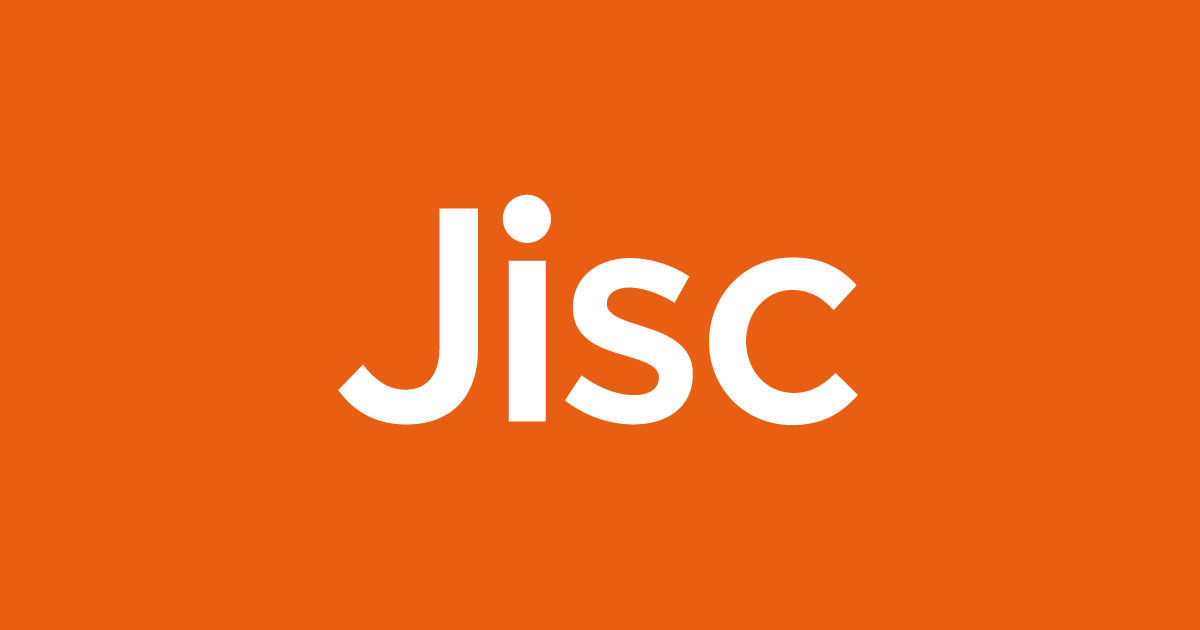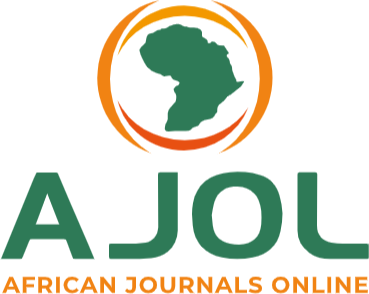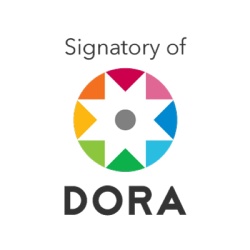Special Issue Guidelines

Special Issue Guidelines
1. Definition of a Special Issue
A Special Issue is a collection of peer-reviewed scientific articles focused on a precise and innovative theme within the scope of the journal. It is proposed and coordinated by a Guest Editor who is a specialist in the topic.
SEJ encourages special issues that integrate artificial intelligence techniques, data analytics, and interdisciplinary approaches in social, human, and economic fields.
2. Important Notice – Annual Publication Limit
This ensures the highest editorial quality, exclusivity, and full alignment with the journal’s publishing capacity.
3. Proposal Content
- Title of the Issue: Clear and specific, ideally with 2–3 keywords.
- Description (150–300 words): Background, objectives, significance, and disciplines.
- Guest Editorial Team:
- Lead Guest Editor (Name, Institution, Academic Email)
- Up to three co-editors from different institutions
- Preliminary Contributors: 8–10 names with tentative article titles.
- Timeline:
- Submission deadline
- Peer review period
- Estimated publication date
- Originality Clause: The proposed topic must not have been published recently as a special issue in any other journal.
4. Responsibilities of the Guest Editor
- Promote the special issue and invite submissions
- Coordinate peer review with the editorial board
- Monitor progress and deadlines
- Ensure adherence to ethical standards
5. Ethical Guidelines
- Double-blind peer review for all articles
- Guest Editors may contribute up to 25% of content
- Articles by Guest Editors must be reviewed externally
- Conflicts of interest must be declared
- No citation manipulation allowed
6. Benefits for Guest Editors
- Digital certificate of appreciation
- Recognition on the journal’s website
- Enhanced visibility and academic networking
7. Submission Procedure
Send your proposal to empowerment.journal@lagh-univ.dz
Or fill the online form: Special Issue Submission Form
8. Evaluation Process
Proposals are reviewed within 3–4 weeks by the editorial board. Feedback may be provided before final approval.
The Editor-in-Chief and SEJ Editorial Board reserve final authority to approve or reject any special issue proposal.
Additional Notes
- At least 6 accepted articles are required to publish the special issue.
- If not reached, accepted papers may appear in regular issues with a mention of the special issue.
- SEJ is an open access journal, so no publication fees apply.




















